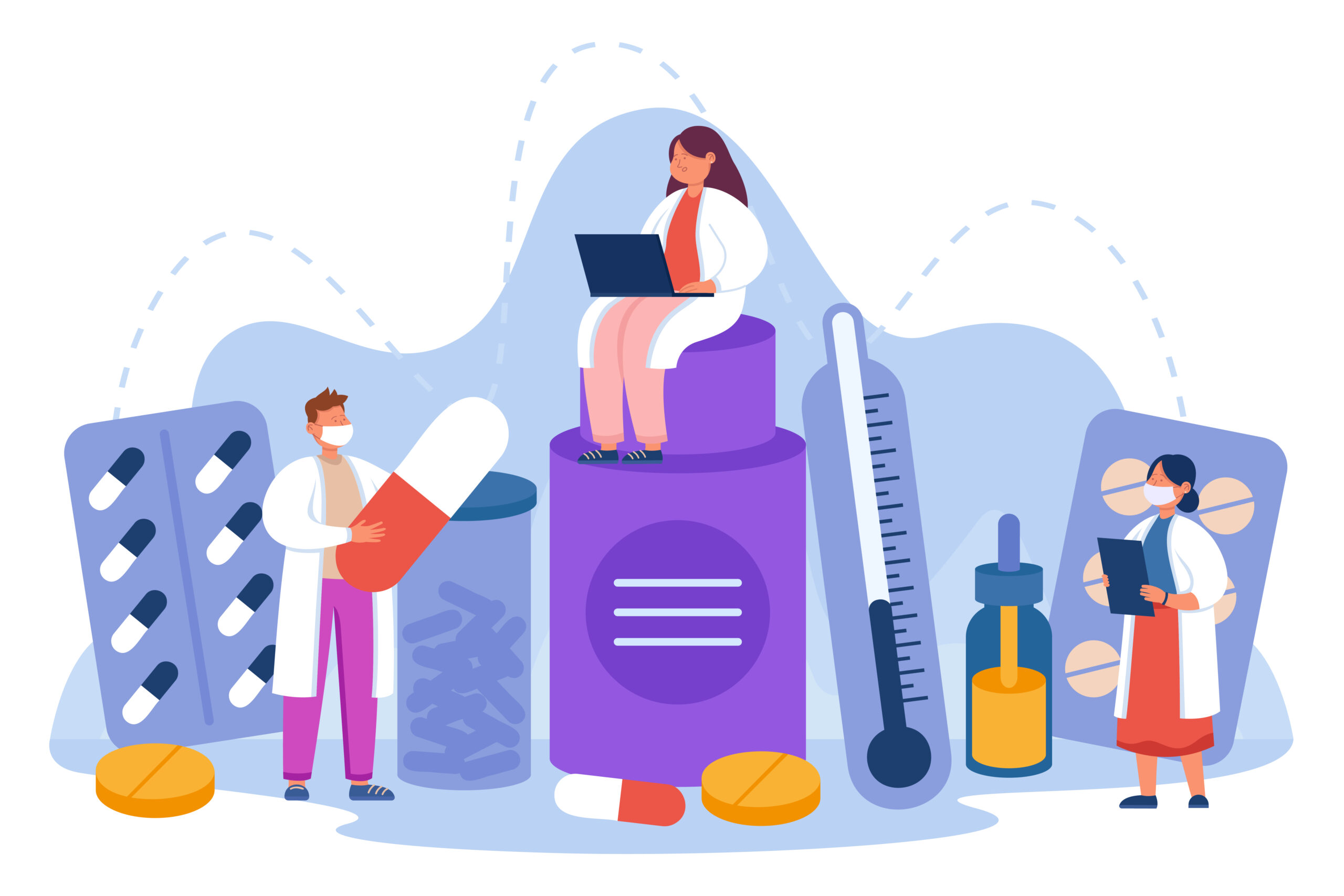Predicting Opioid Use Disorder Research Study
Researchers at the University of California San Diego and VA Palo Alto Healthcare System are conducting a study among individuals with a current or previous diagnosis of opioid use disorder to develop tools that may help predict risk of OUD.

Fast Facts

Opioid Use Disorder (Current or in the Past)

18+ Years Old

Compensation Provided

Conducted in San Diego & Palo Alto, CA
Study Background
Leveraging Artificial Intelligence and Multi-Omics Data to Predict Opioid Addiction
In our study, we are developing new tools to help identify patients who may be at risk for addiction. This will involve studying biological and environmental factors that may influence risk.
Our plan is to develop these tools and test their accuracy by enrolling hundreds of patients who have or had a history of opioid use disorder. The types of information we would like to obtain from study participants include survey data (about an individual’s environment and medical history), genetic data, microbiome data, and blood samples. Participants will be asked to come visit our clinic two times over a course of 6 months for data collection.
We hope that these tools can be used in the future to help patients and doctors better understand each individual’s personal risk of addiction so that we can personalize how we care for our patients.

Study Background
Leveraging Artificial Intelligence and Multi-Omics Data to Predict Opioid Addiction

In our study, we are developing new tools to help identify patients who may be at risk for addiction. This will involve studying biological and environmental factors that may influence risk.
Our plan is to develop these tools and test their accuracy by enrolling hundreds of patients who have or had a history of opioid use disorder. The types of information we would like to obtain from study participants include survey data (about an individual’s environment and medical history), genetic data, microbiome data, and blood samples. Participants will be asked to come visit our clinic two times over a course of 6 months for data collection.
We hope that these tools can be used in the future to help patients and doctors better understand each individual’s personal risk of addiction so that we can personalize how we care for our patients.

Additional Information
This study is enrolling hundreds of people who either currently have opioid use disorder or who have a history of opioid use disorder. The goal is to collect data from this population, such as biological and environmental information, in order to develop tools using artificial intelligence to predict a person’s individual risk of opioid addiction. We hope that this will lead to better care for at-risk patients in the future.
You may qualify for a study if you meet the following criteria.
Inclusion Criteria:
- 18+ years old
- Diagnosed with opioid use disorder (currently or in the past)
- Not currently pregnant
- Speak English
- Able to participate independently in the study
- Not currently institutionalized
- Must be Veteran (past/current) in VA Palo Alto HCS for the Palo Alto location
The two study visits will happen in-person. Each visit will take about 2-3 hours, during which we will ask participants to complete some surveys related to social and clinical aspects. Participants will be asked to provide saliva for genetic information, blood for metabolomic information, stool samples for microbiome information (this can be done at home and mailed later), and hair for measuring blood levels of opioids. A follow-up in-person visit will then occur about 6 months later, where participants will answer additional surveys and provide a hair sample.
As a participant, you can receive up to $750 for your time and effort, which will be paid incrementally over the duration of the study. We will also reimburse up to $100 per visit (2 visits) for transportation or parking costs.
There is no cost for you to participate in our research study.

